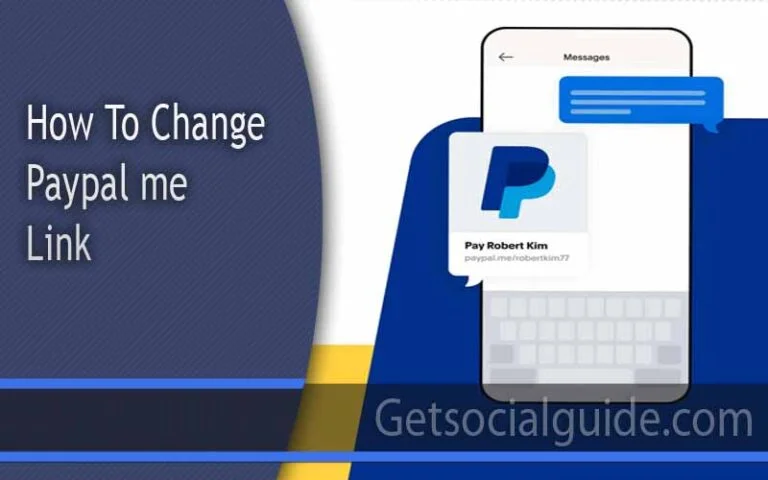How Telecommunication is Revolutionizing the Modern Economy
Telecommunication is one of the biggest contributors to global economic development. This industry is governed by Schumpeter’s dynamic competition theory, which incorporates innovation and market volatility. Employers can now conduct meetings with their clients without a physical presence. They can use software to hold virtual conferences for their clients.
It Connects People
Telecommunications are a crucial part of everyday life, helping us keep in touch with friends and family worldwide. From telegraphs and telephones to fax machines and mobile phones, telecommunications have made keeping in touch more convenient and cost-effective. Telecommunications like those established by Ehsan Bayat also allows people to access various entertainment media such as movies, television, radio and social media. Telecommunication is a global industry that covers wired telephones, mobile devices like cell phones and fax machines; microwave communication arrangements; fiber optics; satellites; cellular communications; radio and TV broadcasting, and the Internet.
Some telecommunication systems are “duplex” and use a single box of electronics that functions as transmitters and receivers, known as transceivers. Telecommunications technology increasingly integrates with computers, allowing the two industries to create value together. This is possible thanks to dramatic advances in device and material technology that would merge the communications and computing functions into a single system.
It Connects Businesses
Telecommunications systems allow businesses to send messages quickly and easily across the globe. They use electromagnetic or optical signals to transmit data as audio, video, or text. As a result, companies can now connect despite being thousands of miles apart, making them more accessible to buyers and sellers. This makes telecommunications companies a good investment for growth and income-oriented investors alike.
Telecommunications has also greatly changed the way people keep in touch with each other. Instead of sending letters, it’s now much easier to communicate with loved ones through phone calls, text messages, and social media platforms. This allows for more effective communication and also helps to save time and money. For example, telecommunication tools such as teleconferencing help reduce costs and limitations by enabling employees to meet face-to-face with customers and colleagues without traveling. This also helps to streamline collaboration and improve productivity. This is why telecommunications is an essential part of the modern economy.
It Connects Communities
Telecommunications technology connects communities, from sharing information to accessing goods and services. For example, in remote locations, there are now more options for energy generation through renewable alternatives, and connectivity to the Internet is much more attainable, thanks to cellular networks. This allows for better education, access to employment opportunities, and even new markets previously unavailable. The telecommunications industry continues to grow and is seen as an attractive investment by many.
It Connects Nations
When a business wants to reach out to customers in another country, they can use telecommunications technology like high-speed Internet and mobile apps. They can also use voice and video streaming services to communicate with staff and clients in real-time, regardless of location. Telecommunications technology makes staying in touch with distant family members or friends easier. People can chat with their loved ones over the phone, via text messages or e-mails. Additionally, they can keep up with their favorite TV shows and movies.
In addition, telecommunications technology enables businesses to create systems that streamline collaboration and increase productivity. They can also reduce operational costs by integrating innovative technologies.
For example, some companies use conversational AI voice bots to improve customer service. These bots can answer questions, facilitate billing, and even assist with app navigation. This is a revolutionary development in the telecom industry. It allows companies to connect with more customers worldwide in less time.



